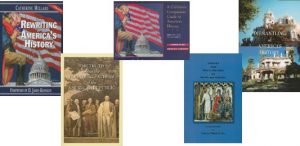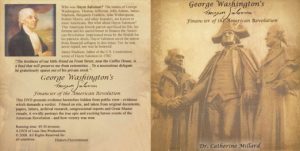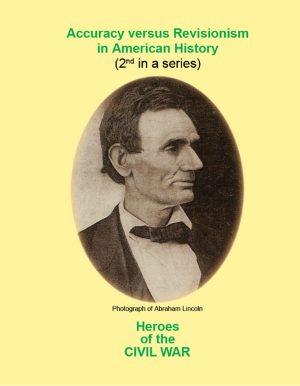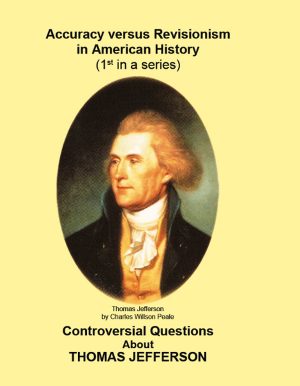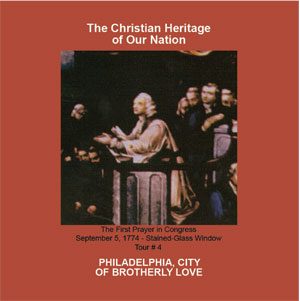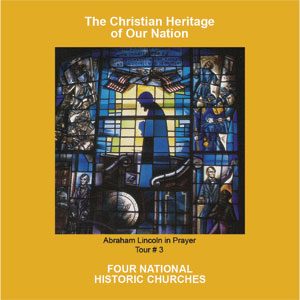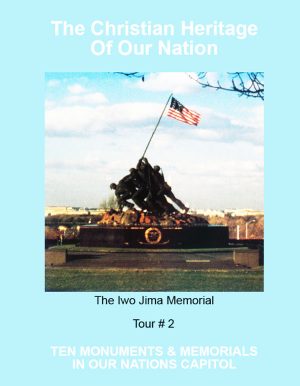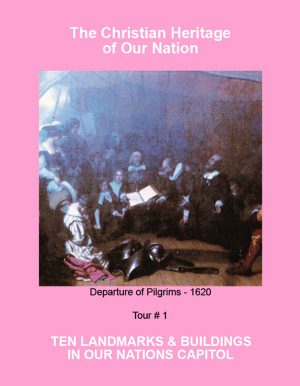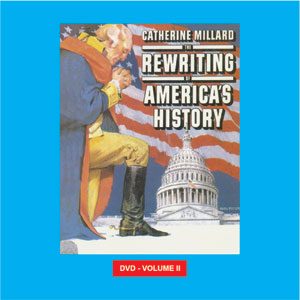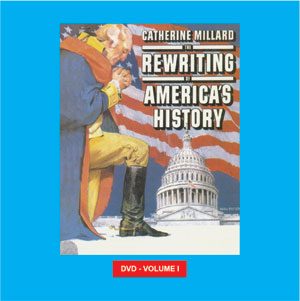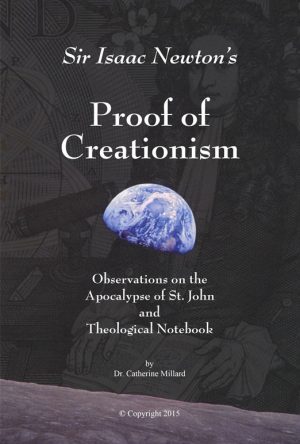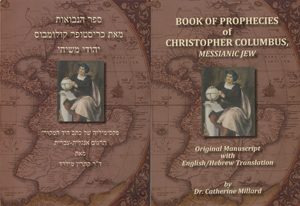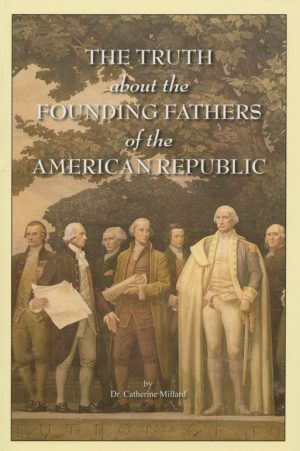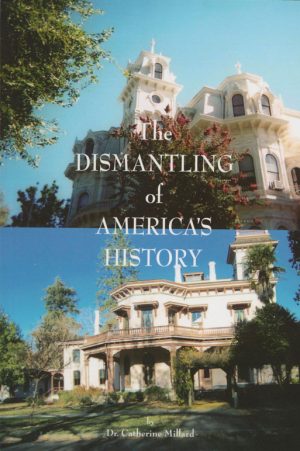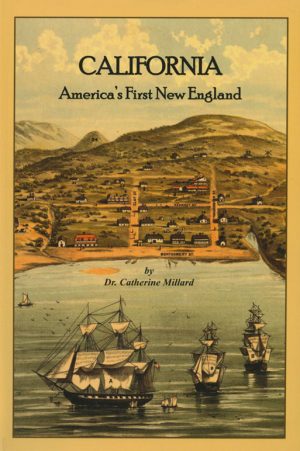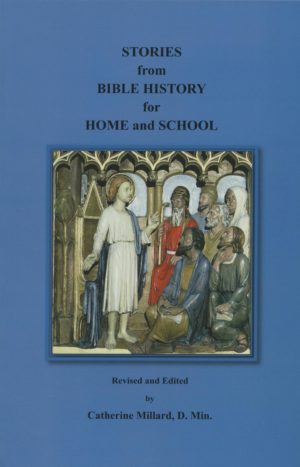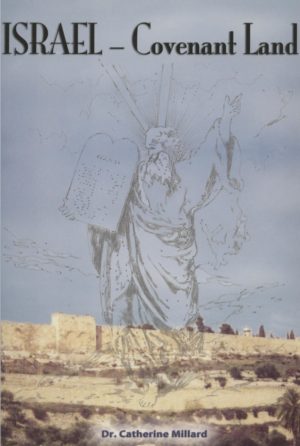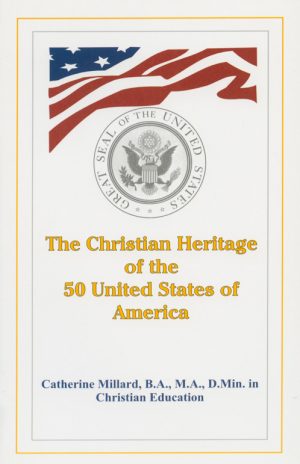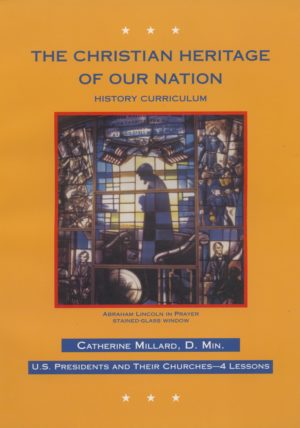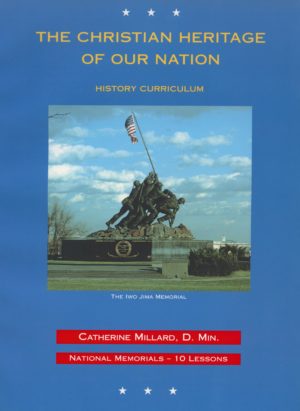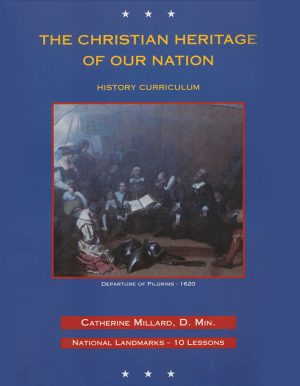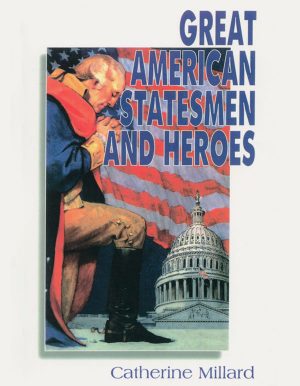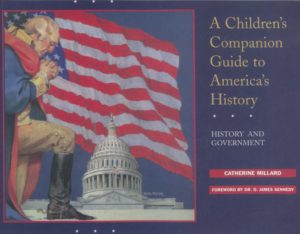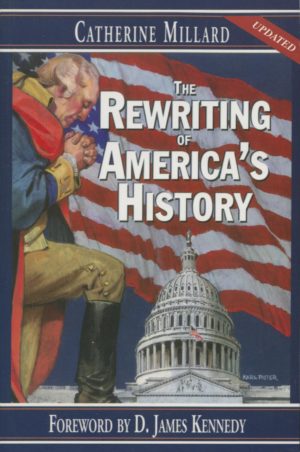The King David’s Freemasonic Lodge in Newport,
Rhode Island published letters purportedly from
George Washington, claiming him as a fellow-Grand
Mason. Are these letters authentic?
The Antimasonic Republican Convention of Massachusetts, held at Worcester, September 5th and 6th, 1832, for the nomination of candidates for electors of President and Vice President of the United States and for Governor and Lt. Governor of Massachusetts, exposed these letters as non-existent, as follows:
“Mr. Hallett said, that having disposed of this false assertion of Masonry, he would now put to rest another, and a much more impudent falsehood, upon which Freemasonry had plumed herself more than upon any single point in her defense against the charges with which Truth was overwhelming her. It was the assertion that General Washington was a devoted Freemason; a presiding Master of Lodges, and GRAND MASTER OF MASONS, in North America, or somewhere else. For fear that Masonry will deny she ever claimed WASHINGTON as a Grand Master, after the proofs I shall now produce, said Mr. Hallett, I will first show what pretensions Freemasonry has made to the father of his country.
The American edition of Preston’s Masonry, asserts “that the Society of Freemasons in America, continued to flourish, under the auspices of General Washington, who continued his patronage to the Lodges, till his death.” (Page 242.)
At the funeral obsequies “of the illustrious brother WASHINGTON,” solemnized by the Grand Lodge of Massachusetts, February 11, 1800, “a Masonic dirge, written by the Brother Harris, (now Dr. Harris of Dorchester), was sung by brother Eaton and the choir.”
On the same occasion “the Honorable Brother Timothy Bigelow,” pronounced a Masonic Eulogy upon WASHINGTON. In that eulogy are the following, among other equally untrue assertions:
“He (Washington) cultivated our art with sedulous attention, and never lost an opportunity of advancing the interest, or promoting the honor of the Craft.”
“He found frequent opportunities to visit the Lodge, and thought it no derogation from his dignity there to stand on a level with the brethren.”
“The information received from our brethren who had the happiness to be members of the Lodge over which he presided many years, and of which he died the Master, furnishes abundant proof of his persevering zeal for the prosperity of the Institution.”
“Constant and punctual in his attendance, scrupulous in his observance of the regulations of the Lodge, and solicitous at all times to communicate light and instruction, he discharged the duties of the Chair with uncommon dignity and intelligence in all the mysteries of our art.”
“We see before us the very attire, which he often wore as a Mason.”
Such are the declarations of Hon. Timothy Bigelow.
In 1830, a pamphlet was published in the City of Boston, by Freemsons, entitled, “the Masonic character and correspondence of General WASHINGTON.” Among other assertions in that publication, are these:
“WASHINGTON died while holding one of the most responsible offices in the gift of his brethren, and while a member of the Grand Lodge of his own State.”
“He was borne to the grave, by Brethren of the Lodge of which he had previously been Master.”
“At the time of his death, Gen. WASHINGTON was Master of Alexandria Lodge.”
“He presided over the Grand Lodge of his native State; he encouraged the organization of a Lodge in his own army, at the meetings of which he was often present, and in which he often officiated.”
General Talmadge, a distinguished citizen of New York, asserted in a letter which he wrote last winter to a Committee of Antimasons, that “Washington had often presided in Poughkeepsie Lodge.”
Masonic newspapers have been full of similar claims upon WASHINGTON. The Providence Journal, for instance, in June, 1831, said,
“WASHINGTON held the highest offices in the Lodge.”
Such is Masonic assertion, made under the most solemn circumstances, and published to the world, on the authority of men whose veracity on other subjects, was never called in question.
“Now then,” said Mr. Hallett, “let us confront this Masonic falsehood, as we have every other pretense it has set up, by Masonry itself. I hold in my hand a certified extract from the Records of King David’s Lodge, in Newport, Rhode Island. The authenticity of these records is thus proved. In 1812, a difficulty arose between the Grand Lodge of Rhode Island and Dr. Benjamin W. Case, then Master of St. John’s Lodge, in Newport, the successor of King David’s Lodge. Dr. Case was set aside upon some sovereign pretense of the Grand Lodge, which the civil tribunals, as a matter of course, confirmed in several lawsuits that followed. In one of these lawsuits, Judge Pitman of the United States District Court for Rhode Island, who was appointed sole referee, gave an opinion at length, in favor of the Grand Lodge. That opinion, though written, he has ever since concealed from the public, and the party against whom it was given, have been wholly unable to procure a copy of it, on which to found further proceedings.
One of the suits was an action of trover, by the new St. John’s Lodge, against Dr. Case and his Masons, who claimed to be old St. John’s Lodge, and held the records, regalia, etc. In this action the records were proved to be the original records, and Dr. Case was ordered by the Court to restore them to the new St. John’s Lodge or pay $300 damages. He paid the damages and kept the records, and has since seceded from Masonry. The judicial proceedings of the Courts of Rhode Island, therefore, establish the authenticity of the records, from which the following extract is taken:
(Extract from the Records of King David’s Lodge.)
“Regular Lodge night, held at the house of Mr. James Tew, Wednesday evening, the 7th February, 1781. 5781.
A motion being made that as our worthy brother, his Excellency General WASHINGTON, was daily expected amongst us, a committee should be appointed to prepare an address in behalf of the Lodge, to present him. Voted, that the Right Worshipful Master, together with brothers Seixas, Peleg Clark, John Handy, and Robert Elliot, be a committee for that purpose, and that they present the same to this Lodge at their next meeting for their approbation.” “At a Lodge held by request of the Right Worshipful Master, February 14th, 1781, 5781,
The committee appointed to draught an address to our worthy brother, His excellency General WASHINGTON, report, that on inquiry they find General Washington not to be Grand Master of North America; as was supposed, nor even Master of any particular Lodge. They are, therefore of opinion that this Lodge would not choose to address him as a private brother – at the same time, think it would not be agreeable to our worthy brother to be addressed AS SUCH.
Voted, That the report of the committee be received, and that the address be entirely laid aside for the present.
At a Lodge called by request of several brethren, on Tuesday evening, the 17th August, 5790. (26 brethren present).
An Entered Apprentice’s Lodge being opened in due form proceeded to business, when it was proposed to address the President of the United States. The Right Worshipful Master, (Moses Seixas), Henry Sherburne, and the Secretary, (William Littlefield), were appointed a committee for that purpose.”
(Then immediately on the record follow the two subjoined letters, viz.)
“To George Washington, President of the United States of America.” and the following reply, “To the Master, Wardens, and Brethren of King David’s Lodge in Newport, Rhode Island.” (There is no date recorded to either of these letters.)
“These letters, it will be seen,” continued Mr. Hallett, “bear no date, and George Turner, Esq, and Mr. Case, certify that on searching the old documents and papers, now in possession of Dr. Case, the original of Washington’s letter, or the copy of that addressed to him, cannot be found!
It will be seen by the statement of King David’s Lodge, through their Committee, derived unquestionably from GENERAL WASHINGTON himself, that in 1781 he was not Grand Master, or Master of any Lodge, and further, that instead of being devoted to Freemasonry, it would be disagreeable to him to be addressed as a brother Mason!
In 1790, nine years after this, it would seem from this record, that General WASHINGTON had consented to receive and answer the very letter he declined receiving in 1781. What could have produced this change in his views? That he stood in 1790, as it regards Masonry, in precisely the same relation he did in 1781, is proven by Washington himself…”
In conclusion, these published “letters” bear no date nor place of origin, in contrast with George Washington having always dated his letters and prefaced them with a place of origin. Nor can Freemasons produce the originals. In agreement with the 1832 Antimasonic Republican Convention of Massachusetts’ exposé, these letters do not exist – and are at antipodes to Washington’s written statement, “I preside over none (Freemasonic Lodges) in the United States, nor have I been in one more than once or twice within the last thirty years.”
To learn more, click here. (Founders’ book)
